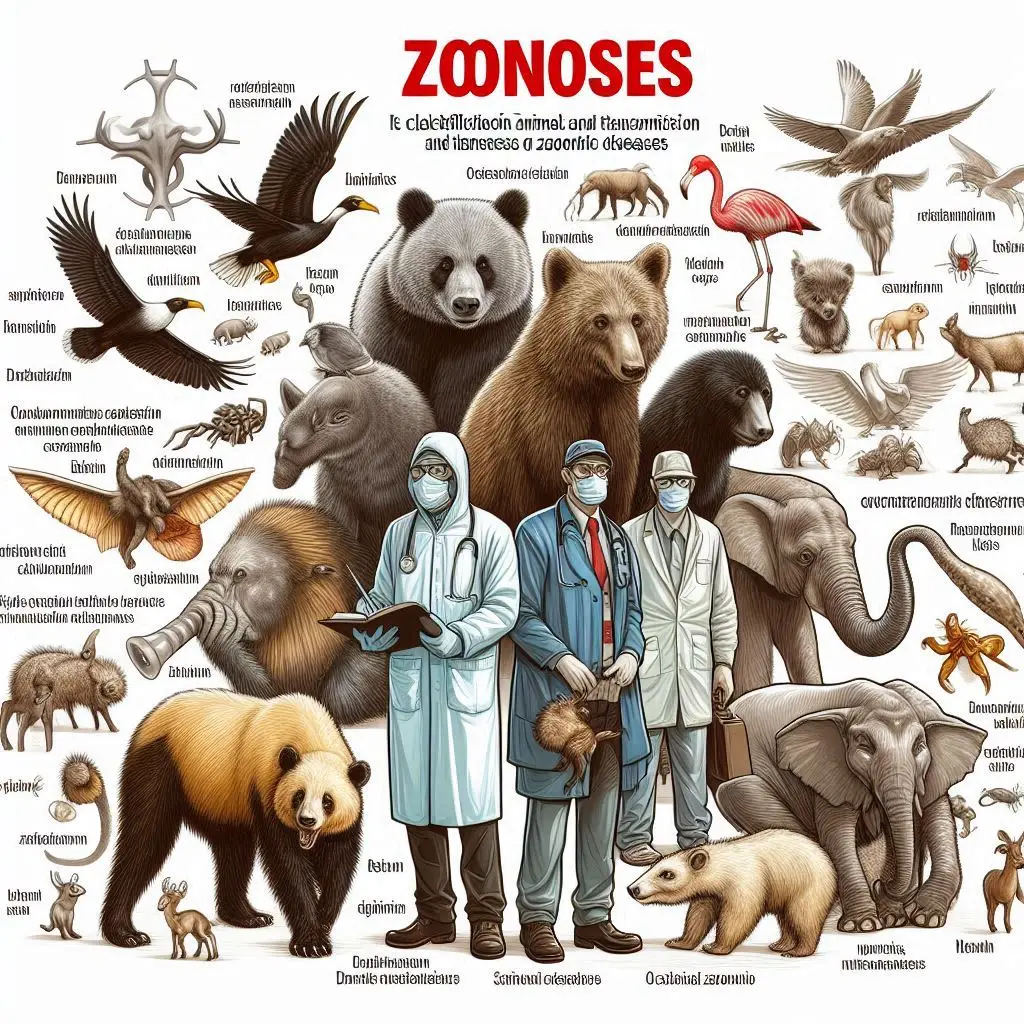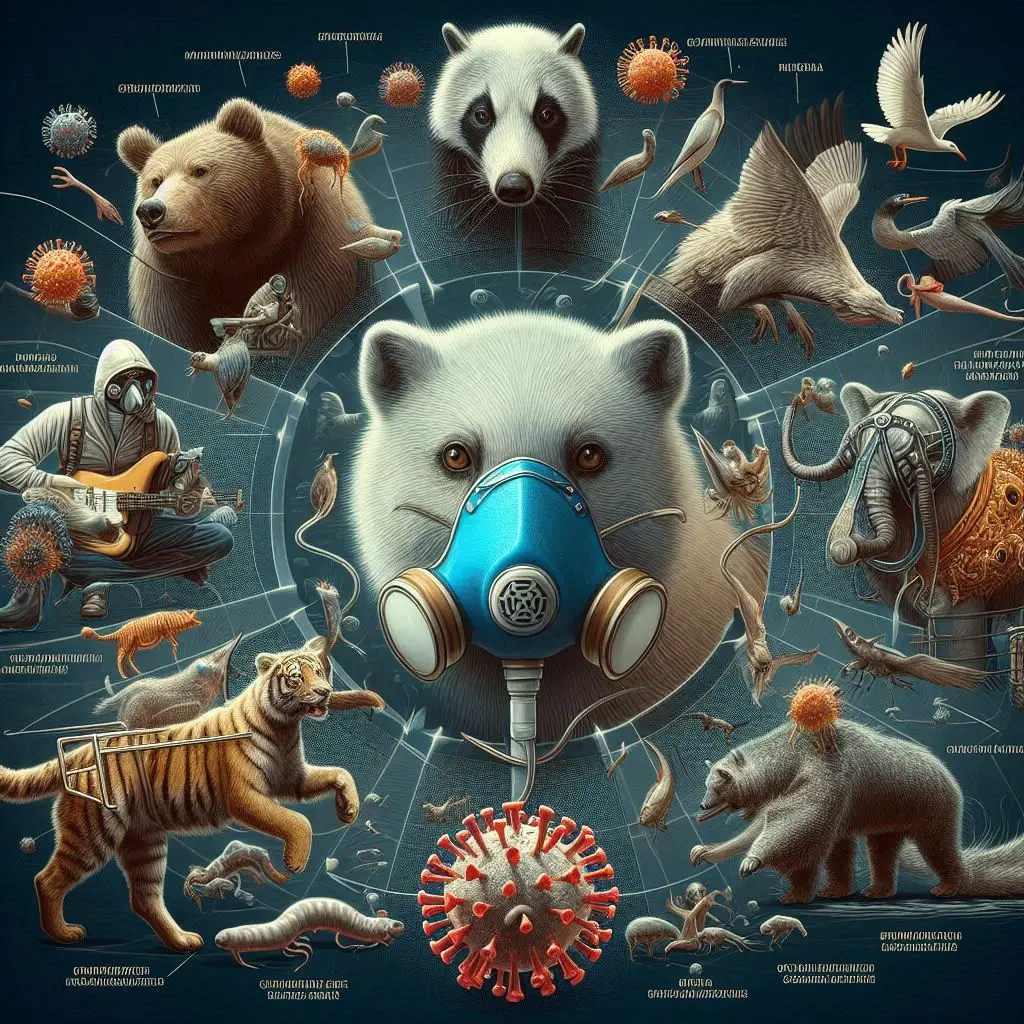Veterinary Jurisprudence Explained

Introduction to Veterinary Jurisprudence
Veterinary jurisprudence encompasses the laws and regulations that govern the treatment of animals. It plays a crucial role in improving animal quality and preventing diseases. Understanding these laws is vital for veterinarians, animal welfare advocates, and policymakers. This article will explore the key regulations, the role of the Society for Prevention of Cruelty to Animals (SPCA), and the importance of animal health in society.
The Importance of Veterinary Jurisprudence
Veterinary jurisprudence is essential for several reasons:
- Animal Welfare: It ensures that animals receive proper care and treatment.
- Public Health: Healthy animals contribute to a healthier society by reducing the risk of zoonotic diseases.
- Economic Impact: Healthy livestock and pets lead to better agricultural productivity and economic stability.
By focusing on these areas, veterinary laws help create a safer and more humane environment for animals.
Key Legislation in India
Prevention of Cruelty to Animals Act, 1960
The Prevention of Cruelty to Animals Act, 1960 is a cornerstone of animal welfare legislation in India. This act aims to prevent unnecessary suffering and cruelty to animals. It provides a framework for the treatment of animals and outlines penalties for those who violate these laws.
Key Provisions of the Act
- Definition of Cruelty: The act defines various forms of cruelty, including beating, overloading, and neglect.
- Regulation of Animal Experiments: It sets guidelines for the humane treatment of animals used in research.
- Prohibition of Certain Practices: Certain practices, such as the use of animals for entertainment, are restricted under this act.
Draft Society for Prevention of Cruelty to Animals Rules, 2023
The Draft Society for Prevention of Cruelty to Animals Rules, 2023 aims to enhance the effectiveness of SPCAs across India. This draft emphasizes the need for better management and accountability within SPCAs.
Highlights of the Draft Rules
- Establishment of SPCAs: Every district must have an SPCA to oversee animal welfare.
- Management Committees: Each SPCA will have a management committee with non-government members to ensure transparency.
- Infirmaries for Animals: The draft mandates the establishment of animal infirmaries for proper care.
Animal Birth Control (Dogs) Rules, 2001
The Animal Birth Control (Dogs) Rules, 2001 focus on controlling the stray dog population and preventing rabies. These rules provide guidelines for the humane treatment of stray dogs and promote the adoption of responsible pet ownership.
Prevention of Animal Diseases
Importance of Disease Prevention
Preventing animal diseases is crucial for public health and animal welfare. Many diseases can be transmitted from animals to humans, known as zoonoses. Effective veterinary jurisprudence helps mitigate these risks.
Key Regulations for Disease Prevention
- Animal Health Regulations: These regulations ensure that animals are vaccinated and treated for diseases.
- Monitoring and Surveillance: Regular monitoring of animal populations helps identify outbreaks early.
- Education and Training: Educating pet owners and farmers about disease prevention is essential.
Role of the Society for Prevention of Cruelty to Animals (SPCA)
Overview of SPCA
The SPCA plays a vital role in animal welfare. It works to prevent cruelty and promote the humane treatment of animals. Each SPCA operates under the guidelines set by the Prevention of Cruelty to Animals Act.
Functions of SPCA
- Rescue Operations: SPCAs conduct rescue operations for abused or abandoned animals.
- Public Awareness Campaigns: They organize campaigns to educate the public about animal welfare.
- Legal Action: SPCAs can take legal action against individuals or organizations that violate animal welfare laws.
Challenges in Veterinary Jurisprudence
Enforcement Issues
One of the primary challenges in veterinary jurisprudence is enforcement. Many laws exist, but enforcement is often lacking. This can lead to continued abuse and neglect of animals.
Public Awareness
Another challenge is the lack of public awareness about animal welfare laws. Many people are unaware of their rights and responsibilities regarding animal care.
Resource Limitations
SPCAs often face resource limitations, which can hinder their ability to operate effectively. Funding and staffing are critical issues that need to be addressed.
The Future of Veterinary Jurisprudence
Strengthening Regulations
To improve animal welfare, it is essential to strengthen existing regulations. This includes updating laws to reflect current scientific understanding and societal values.
Enhancing Public Engagement
Increasing public engagement in animal welfare issues can lead to more significant support for SPCAs and animal health initiatives. Community involvement is crucial for creating a culture of compassion toward animals.
Collaboration with Stakeholders
Collaboration between government agencies, NGOs, and the public can enhance the effectiveness of veterinary jurisprudence. Working together can lead to more comprehensive solutions for animal welfare and disease prevention.
Conclusion
Veterinary jurisprudence plays a vital role in enhancing animal quality and preventing diseases. By understanding and implementing these laws, we can create a safer and more humane environment for all animals. The SPCA and other organizations are essential in this effort, but they need public support and resources to succeed. Together, we can ensure a brighter future for animals and society.
For more pearls of Vets Wisdom:
https://wiseias.com/partitioning-of-food-energy-within-animals/






Responses